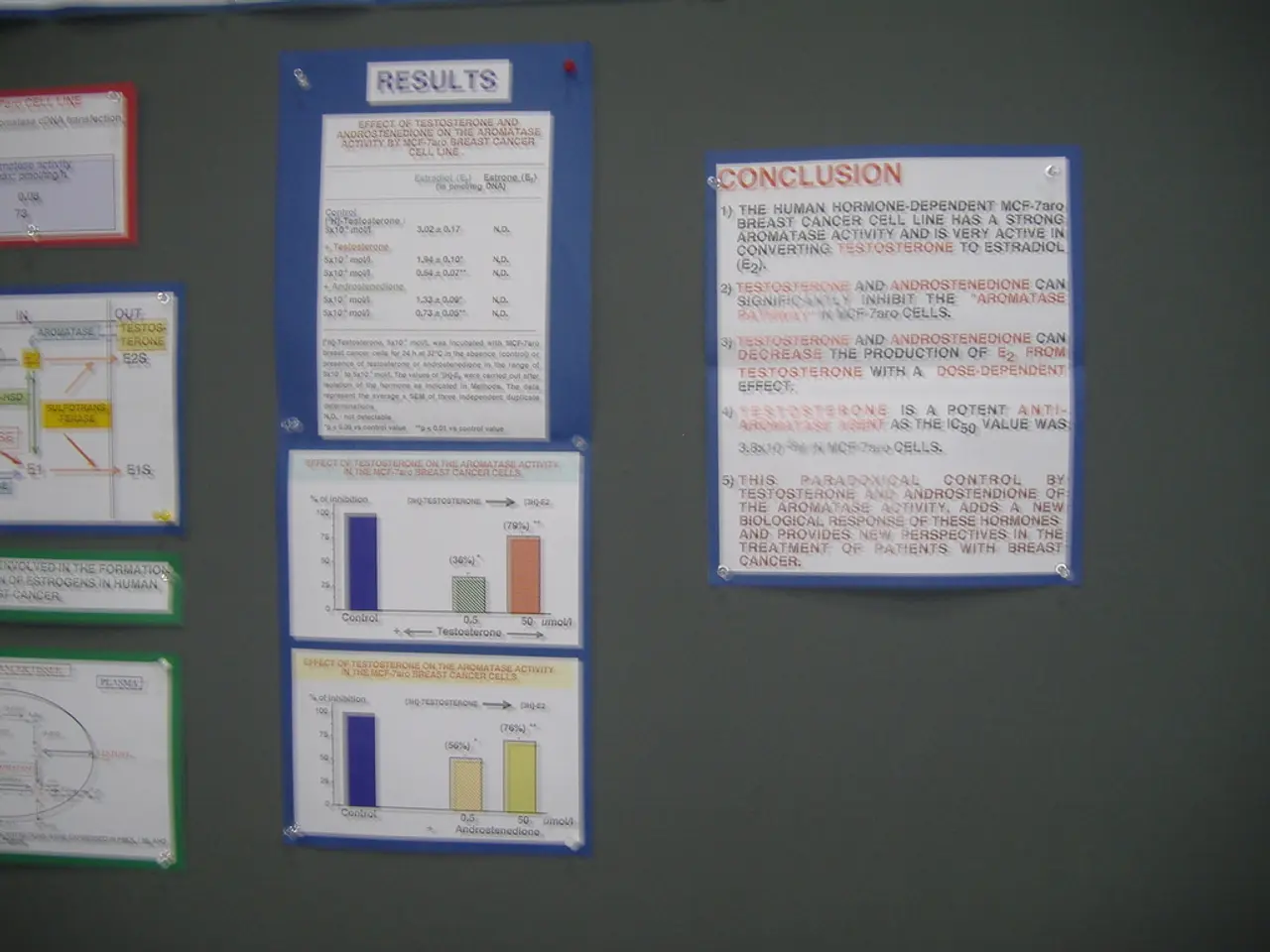EU Prolongs Timeframe for Establishment of Streamlined Sustainability Reporting Norms under CSRD
The European Financial Reporting Advisory Group (EFRAG) has been given an extra month to deliver its technical advice on revising and simplifying the European Sustainability Reporting Standards (ESRS). The new deadline is now set for the 30th of November 2025, a one-month extension from the initial deadline of the 31st of October 2025.
The extension comes as a response to the need for a higher quality revision process, as highlighted by European Commissioner for Financial Services and the Savings and Investment Union, Maria Luis Albuquerque.
## Updated Timeline and Key Milestones
The revised timeline for EFRAG's work includes several key milestones. On the 20th of June 2025, EFRAG delivered a written update on its work to the Commission and released a first draft of the simplified ESRS. A second draft is expected in mid-July 2025. A public consultation, initially planned for 30-45 days, will now run for 60 days, from mid-July to September 2025. Outreach events will be organized at the end of September and beginning of October 2025.
## Key Considerations
The revisions aim to simplify the ESRS, reducing the regulatory burden on companies while maintaining ambitious sustainability reporting standards. The revisions are based on input from companies and stakeholders who have implemented the ESRS. Proposals in the draft report suggest a uniform sustainability reporting threshold for CSRD, CSDDD, and EU Taxonomy obligations.
The extended deadline allows for a more inclusive and robust consultation process, ensuring that the technical advice reflects both usability and ambition in sustainability reporting. EFRAG has been asked to seek the views of stakeholders in cases in which interoperability would hinder the simplification process.
The European Commission has emphasised the importance of maintaining interoperability between the ESRS and the International Sustainability Standards Board (ISSB) standards to avoid double reporting for companies. The revision of the ESRS is a major part of the European Commission's Omnibus I package, aimed at reducing the sustainability reporting and regulatory burden on companies.
EFRAG is aiming to cut mandatory ESRS datapoints by at least 50% in its revision. The extended deadline also allows for a more thorough exploration of the advantages and disadvantages of including voluntary data points in the standards.
The Commission's letter to EFRAG included a principle that no new data points should be added to the ESRS and that no data points that are currently voluntary should be made mandatory. The letter potentially suggests exploring with the IFRS S1 and S2 standards being simplified in a corresponding manner to maintain interoperability.
The extended deadline was welcomed by EFRAG, as it allows for a more inclusive and robust consultation process. The revision of the ESRS, initially mandated by the European Commission in June 2020, is a significant step towards achieving more streamlined and effective sustainability reporting standards in Europe.
- The European Financial Reporting Advisory Group (EFRAG) is taking into account the input from companies and stakeholders in their revisions of the European Sustainability Reporting Standards (ESRS), with the aim of reducing regulatory burden while maintaining ambition in sustainability reporting.
- The extended deadline for EFRAG's work on the ESRS provides an opportunity for a more thorough exploration of the advantages and disadvantages of including voluntary data points in the standards, and also facilitates a more inclusive and robust consultation process.
- The revision of the ESRS by EFRAG is part of the European Commission's Omnibus I package, which aims to reduce the sustainability reporting and regulatory burden on businesses, while ensuring interoperability between the ESRS and the International Sustainability Standards Board (ISSB) standards to avoid double reporting.




